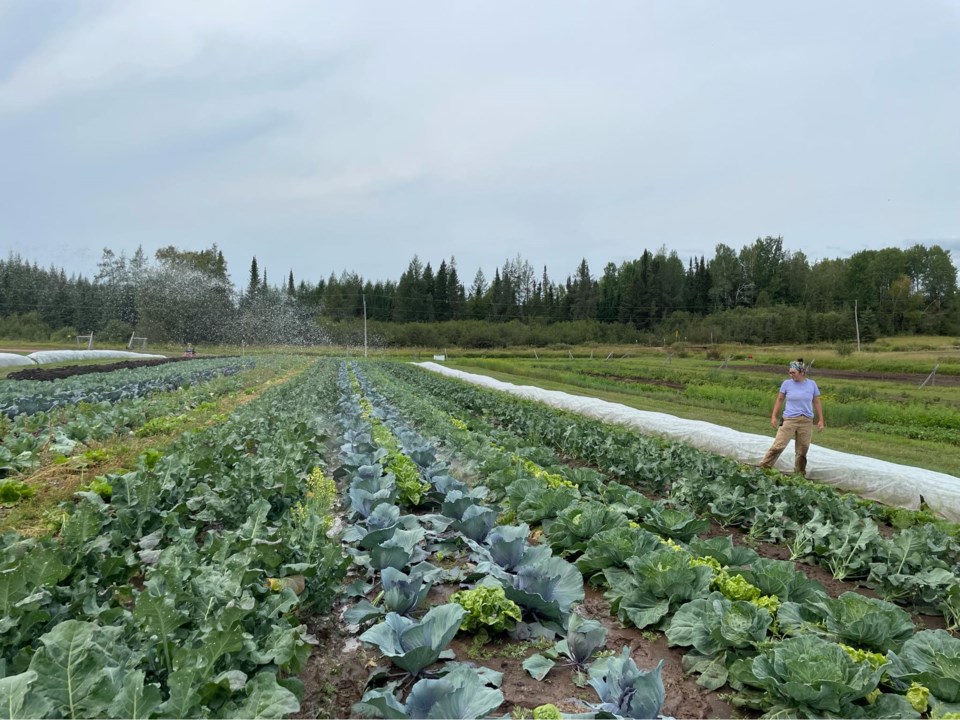PASS LAKE — A provincial bill that would make areas of farmland off-limits to development like housing, commercial buildings or highway projects has the backing of at least one local farming advocate.
"We would support the protection of farmland and the overall consideration of Ontario-grown food in all regions of Ontario," Marcelle Paulin, who co-owns a family farm just east of Thunder Bay, in Pass Lake, said on Tuesday.
The bill, co-sponsored by Ontario Green Party leader Mike Schreiner and independent MPP Bobbi Ann Brad, would set the table for a "food belt" with the aim of stemming the rapid loss of prime arable land across the province.
It was introduced in the legislature on Tuesday by Schreiner, a Guelph MPP, along with Independent Hamilton-area MPP Bobbi Ann Brady.
"Ontario loses the equivalent of nine family farms each week to urban sprawl, aggregate mining, and expensive highways like (the proposed) Highway 413 (in the Greater Toronto area)," Schreiner, who grew up on a farm in Kansas, said in a news release.
"We simply can't afford to lose any more."
If passed, the bill "will establish a task force of farmers, agricultural experts, and land-use planners to develop recommendations for a strong food belt protection plan," the news release said.
It would address "key priorities such as reducing land speculation, improving soil health and protecting and enhancing farmland that is used for a variety of purposes."
Said Paulin: "Soil is our most precious resource. Protecting the richest and most productive agricultural regions of Ontario is important to us and should be to all Ontarians."
The food-belt bill also has the support of the Ontario Federation of Agriculture.
"The bill recognizes that protecting farmland isn't just about drawing lines on a map — it's about keeping farms and farmers viable and rural communities strong," federation president Drew Spoelstra said in the news release. "It reinforces the importance of protecting our food-producing capacity before it's too late."
Meanwhile on Tuesday, the Grain Growers of Canada marked the swearing-in of Prime Minister Mark Carney's new cabinet by calling for the bolstering of "Canada's $45-billion grain export sector and (securing) the future of family-run grain farms."
To do that, the Grain Growers said, the federal government needs to "re-set" the country's trading relationship with the U.S. and China, permanently remove carbon taxes from farming operations and formally reverse capital-gains tax increases that negatively impact producers who sell their farms for retirement income.
The Chronicle-Journal / Local Journalism Initiative
